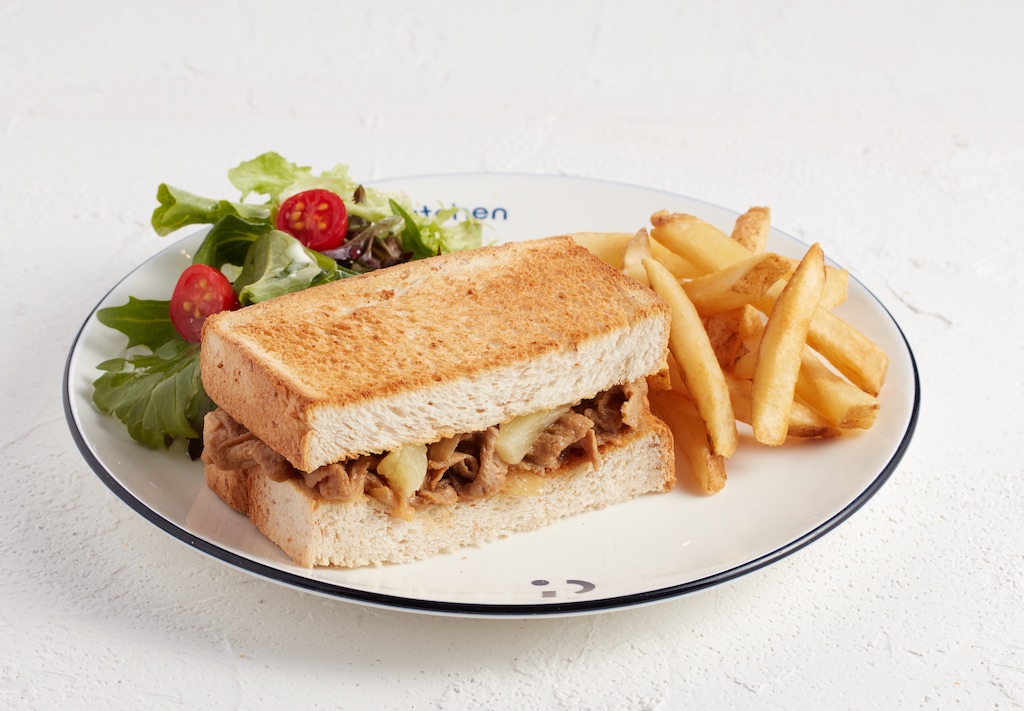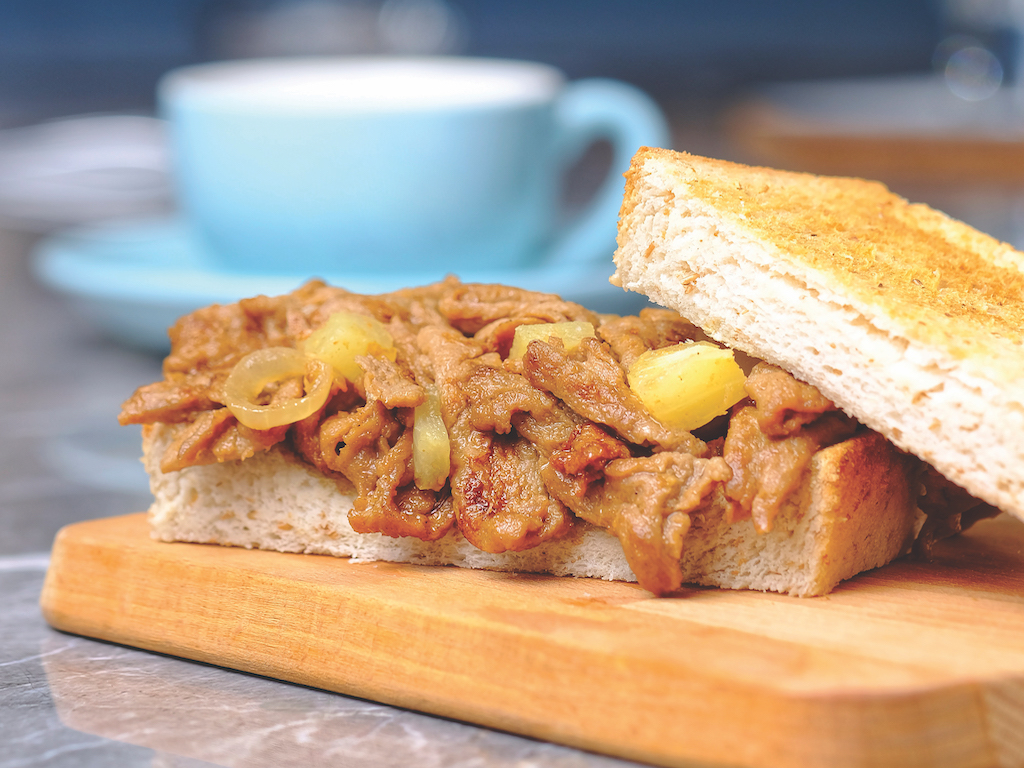Unlimeat: Korean Plant-Based Beef Made From Upcycled Grains Launches In Hong Kong
3 Mins Read
Unlimeat, a 100% plant-based beef product made from upcycled ingredients that would otherwise be thrown away, has just launched in Hong Kong. Made by South Korean food manufacturer Zikooin, the vegan beef alternative is made from overproduced grains that would be typically discarded due to cosmetic imperfections, which aims to tackle both the environmental impact of meat consumption as well as food waste. The brand new plant-based beef will be unveiled across Green Monday’s plant-based café and grocery chain Green Common and Kind Kitchen in Hong Kong.
Unlimeat is a 100% plant based beef alternative developed by South Korean food tech manufacturer Zikooin, and is made from grains, oats and nuts that would be otherwise thrown away due to aesthetic imperfections. The product is South Korea’s first homegrown addition to the booking alternative meat and protein industry.
The upcycled grain ingredients are combined through Zikooin’s patented protein compression technology, which gives the product it’s look and taste of thinly sliced beef fillets. The end product not only contains no cholesterol or trans fats, it also boasts 25.1 grams of protein per serving, which is twice the amount compared to animal beef (and 5 grams more than an equivalent Beyond Meat or Impossible plant patty).

In terms of its environmental impact, producing Unlimeat comes at a fraction of the footprint compared to conventional beef. Rearing livestock not only generates massive amounts of carbon emissions as the animal agriculture industry responsible for almost a fifth of global greenhouse gases, it uses up vast amounts of water, land and contributes to topsoil pollution.
In addition to requiring far fewer resources and emissions to produce, Unlimeat, in using otherwise discarded grain stock, tackles the problem of food waste–an issue especially prevalent in Asia, the continent home to over half of the world’s discarded food.
In partnership with Hong Kong plant-based social enterprise Green Monday, Unlimeat will be launching across the vegan grocery and café chain Green Common and dine-in restaurant concept Kind Kitchen in Hong Kong. The Unlimeat Satay Beefless Toast is a take on the Hong Kong-style cha chaan teng classic: the satay beef sandwich. Wedged between two pieces of toasted bread, the familiar signature dish is made from Unlimeat plant-based beef fillets seasoned with satay sauce, and topped with stir-fried onions.

Outside of Hong Kong, Unlimeat is currently available in the United States across grocery retail stores Super Fresh and Wooltarie USA, and will be popping up across restaurants in San Francisco this year. With their collaboration with Green Monday’s regional distribution network, it is likely that Unlimeat will also be launching across other countries in Asia, such as Singapore and Taiwan.
The choice to use upcycled ingredients is not only more environmentally-friendly, but deeply on-trend and part of the growing consumer openness to sustainable produce that doesn’t meet typical cosmetic appeal standards, not to mention the rise in solutions to diverting waste from our overflowing landfills.
As global awareness about the issue of food insecurity, sustainable production and food waste grows, shoppers are now making “ugly” but perfectly edible foods trendy. Take the popularity of Misfit Foods, for instance, a company offering eco-conscious consumers home delivery subscription boxes of misshapen produce that has, for years, been thrown to landfills.
Lead image courtesy of Green Common.




